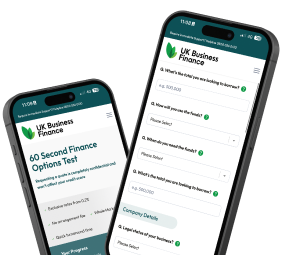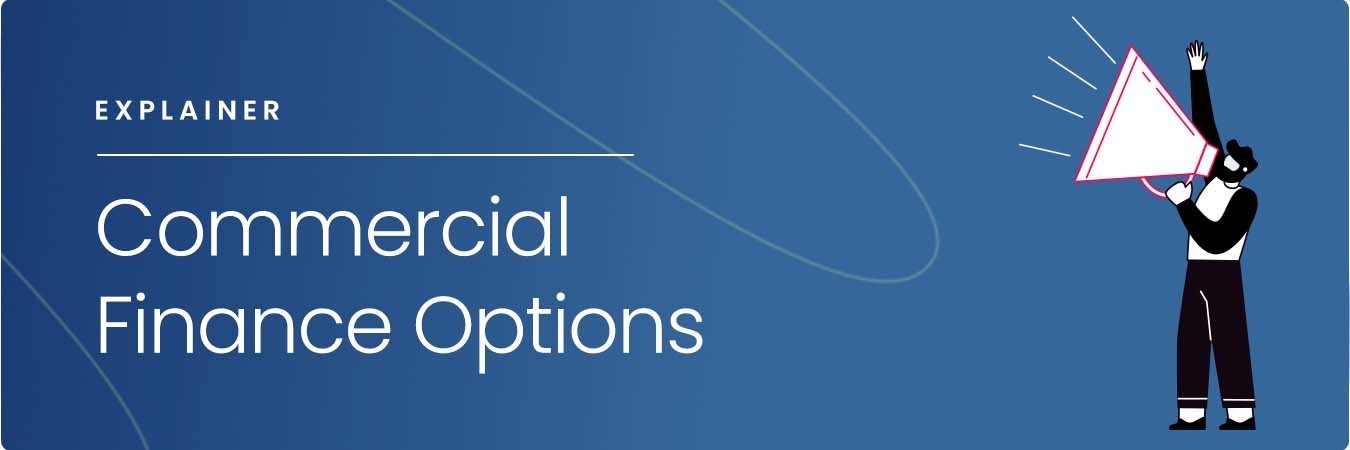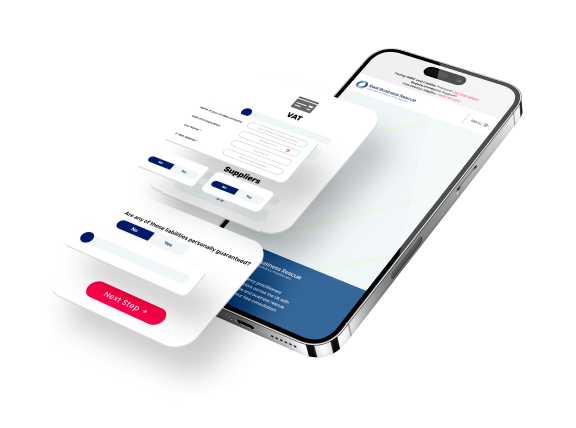How do I choose the best finance option for my company?
With a range of ways to finance your limited company out there, it is vital you choose the option which is right for your company and its needs. You need to think about how much money the company needs to secure, what the funds will be used for, how long the funding will be required, and also the company’s ability to repay the money borrowed. While some businesses will be looking for an injection of capital to fund a one-off project or purchase, others will need a more long-term and flexible channel of funding that can grow with the business. Choosing the wrong finance option at this stage can be extremely costly in the long-term in terms of interest paid, so taking expert advice before committing to a loan or other finance agreement is highly recommended.
What is the difference between invoice factoring and invoice discounting?
Invoice factoring and invoice discounting are both forms of invoice finance, and while they both allow a company to access the cash tied up in unpaid invoices, the way this is achieved is slightly different. With invoice factoring, the factoring company lends against the company tied up in invoices and also takes control of collecting these invoices from your customers. With invoice discounting, however, responsibility for receiving payment from your customers remains with you and your company. While both are good options for the right company, some invoice finance providers will insist on a factoring arrangement as this is seen as a lower risk option as they are the ones in control of recovering the money owed to you by your customers.
Can I refinance existing borrowing?
Costly debts can put a huge strain on a company’s cash flow; however, the good news is that you may be able to refinance some of your existing borrowing to lower this monthly burden. This may involve refinancing to a lower interest rate (this may be particularly advantageous for companies who now have a much better credit and trading history than when the borrowing was first obtained) or consolidating multiple debts into one payment with one lender. Depending on your company’s current financial position and projected future performance, it may even make sense to spread existing borrowing over a longer period of time; while this will mean you will pay more over the life of the loan, it will immediately free up recourses by lowering your monthly payment amount.
Can I get funding for my start-up business?
While it may be more difficult to access, funding does exist for businesses without a demonstrable trading history. The right finance can help accelerate a company’s growth, allow you to seize more opportunities that come your way, and purchase the necessary equipment or machinery you need to make your business more efficient and productive. However, it is crucial that the funding you secure is affordable and appropriate for your company now and also in the future. With little or no trading history, lenders are likely to be more hesitant in extending borrowing to your business. This may mean that you are offered a lower amount than what you would ideally like, need to borrow on a slightly higher interest rate than an established company would be offered, or are asked to sign a personal guarantee to provide additional security to the lender. Think carefully before agreeing to these terms and seek the help of a finance specialist before signing on the dotted line.















